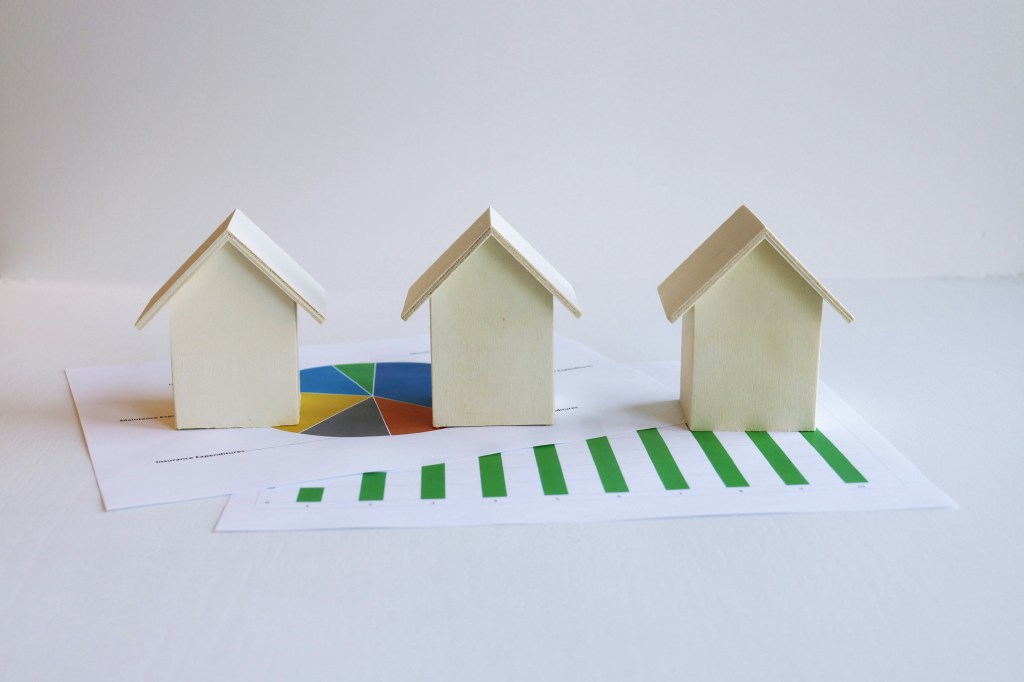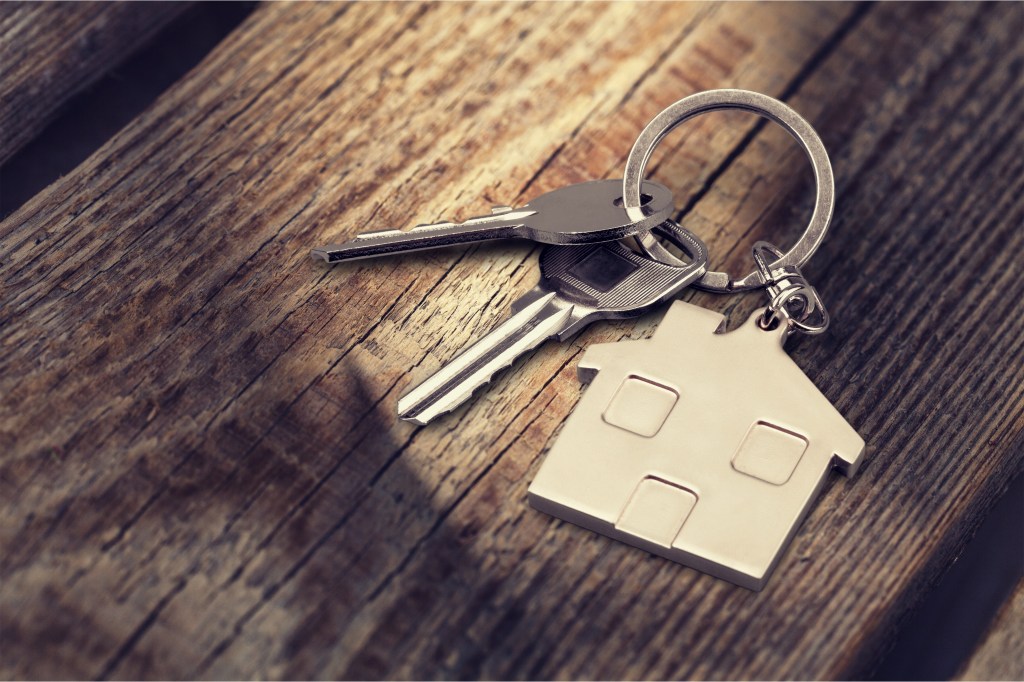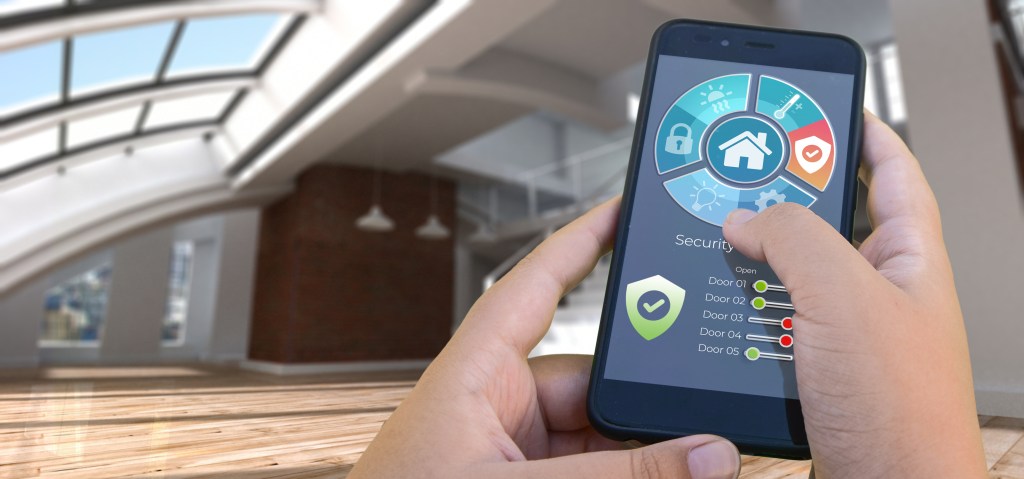Utilizing Technology for Remote Management of Vacant Properties

The Need for Remote Management of Vacant Properties
Managing vacant properties presents a unique set of challenges that can perplex even the most seasoned property owners. From security concerns and maintenance issues to the risk of vandalism, the hurdles are many but not insurmountable.
Recognizing the importance of leveraging technology, particularly property management software, to tackle these challenges is a game-changer. By incorporating solutions like remote property monitoring and comprehensive property management systems into their strategies, property owners can mitigate risks and enjoy many benefits.
These technological solutions can streamline rent payments, simplify maintenance management, and enhance communication between real estate professionals and property managers. This approach ensures the safety and upkeep of the rental property and offers peace of mind to both owners and insurers.
With the advent of advanced technology, the landscape of vacant property management is evolving, promising a more secure and efficient future for the real estate industry.

The Role of Smart Technology in Property Management
In the ever-evolving landscape of property management, smart technology has emerged as a game-changer, significantly improving the efficiency and effectiveness of managing vacant properties.
Remote management tools
Smart technology represents a significant technological advancement within rental property management software. It combines sensors and devices that enable property managers and landlords to monitor properties remotely.
One of the most practical applications of smart technology is HVAC monitors. These wireless systems provide insights into an HVAC unit’s health and activity and are crucial in preventative maintenance.
Security concerns, especially for vacant properties, can also be alleviated through smart technology. Advanced security monitors equipped with motion detection and sensors for doors and windows can alert property managers to potential intrusions in real time.
This technology deters criminal activity and provides peace of mind for property managers and owners, who know their investments are under surveillance.

Benefits of Remote Property Management Tools
Managing properties can be a daunting task for landlords and property management companies. The advent of remote rental property management software has significantly changed the landscape, offering benefits that streamline operations and enhance efficiency.
These tools enable landlords and property managers to automate administrative tasks, saving time and reducing the potential for human error.
Benefits of remote management software
Property management software programs are excellent for managing rental properties and commercial properties. By automating routine tasks such as tenant screening, lease agreements, maintenance management, and rent collection, these tools free up time that can be spent on strategic planning.
Another critical benefit of property management software is the enhanced communication channels between tenants, landlords, and property managers. These tools provide a platform where all parties can communicate efficiently, share documents, and resolve issues. This enhances tenant’s experience and reduces the administrative burden on property managers.

Key Technologies Enhancing Remote Management
In recent years, the landscape of rental property management software, especially for vacant properties, has been significantly transformed by the introduction of cutting-edge technologies such as the Internet of Things (IoT), Artificial Intelligence (AI), and smart sensors.
These technologies are revolutionizing how properties are managed remotely, enhancing security, reducing costs, and improving overall management efficiency.
The power of IoT and AI technologies
For vacant properties, IoT technology allows remote monitoring and control to maintain the property efficiently from a distance. Property managers can quickly detect unauthorized entries or potential damages and take swift action to prevent or mitigate issues using IoT.
AI for property management is another breakthrough technology that is making waves. AI systems can analyze data from various sources, including IoT devices, to make predictions or decisions without human intervention.
AI can be used for predictive maintenance in vacant properties. The system predicts potential issues before they escalate into major problems, saving time and resources.
AI-driven chatbots and virtual assistants are also being used to enhance customer service by providing quick responses to queries, automating routine tasks, and tracking maintenance requests.
Smart sensors, on the other hand, are at the heart of both IoT and AI technologies in property management. These sensors collect data about the environment or certain conditions within the property, which can be used for various applications.
For vacant properties, smart sensors can monitor aspects such as water leaks, smoke, or structural integrity, sending alerts to the property manager in real time in case of anomalies. This real-time monitoring capability ensures that any issues can be addressed promptly, reducing the risk of damage to the property.

Enhancing Security and Efficiency with Smart Technology
Exploring smart technology enhances the security of vacant properties. Remote security measures have significantly mitigated the risks associated with vacant properties, such as squatters and vandalism.
The remote monitoring capability ensures that the property remains under constant supervision even in its vacant state.
Property security
This technological advancement in rental property management software enables property owners to connect to real-time monitoring systems via their cell phones, offering peace of mind and unprecedented control. Furthermore, integrating smart locks adds an extra layer of security, ensuring that access to the property is strictly regulated.
In addition to security, smart technology introduces remarkable efficiency improvements in property management processes. The ability to remotely monitor property maintenance issues, such as leaks or electrical problems, represents a significant leap forward.
Alert systems complement this by providing immediate notifications during a break-in or emergency, allowing swift action. This technological ecosystem enhances security and significantly reduces the costs associated with physical inspections and manual security measures, showcasing the multifaceted benefits of smart technology in property management.
Case studies and real-life examples abound, illustrating these points, where smart technology has dramatically transformed property management. For instance, a property owner in a high-risk area installed a comprehensive smart security system that included surveillance cameras, smart locks, and leak detectors. This system allowed for real-time monitoring and immediate response to security breaches and maintenance issues.
As a result, the property remained secure and well-maintained, despite being vacant for extended periods. This case underscores the profound impact of smart technology on property security and management, offering a blueprint for other property owners facing similar challenges.

Implementing Technology Solutions for Vacant Property Monitoring
Property owners are increasingly concerned about managing vacant properties, and implementing technology solutions for monitoring these spaces is crucial. A streamlined setup can significantly decrease security, maintenance, and value depreciation risks.
Vacant property monitoring
Selecting the right property management software solutions requires a thoughtful approach tailored to the property type and unique needs—different properties, whether commercial or residential, urban or rural, demand distinct monitoring technologies.
Given the higher risk of vandalism or break-ins, urban properties might benefit more from high-definition cameras and motion sensors, whereas rural properties might prioritize environmental monitoring systems.
It’s crucial to thoroughly analyze the property’s characteristics and potential vulnerabilities before deciding on the specific technology to deploy.
Implementing technology
When evaluating the best property management software, one must consider the necessary infrastructure and initial setup requirements. This ensures the selected platform meets current needs and is scalable for future growth.
This involves assessing the property size, location, and specific risks (like vandalism or environmental damage), which determine the type of technology needed—ranging from simple surveillance systems to more advanced IoT sensors that monitor humidity, temperature, and unauthorized entry.
Setting a realistic timeline for implementation is essential to ensure a smooth transition to a technologically monitored property. This involves identifying key stakeholders such as contractors, maintenance teams, property managers, and inspectors and clearly defining their roles and responsibilities.
Open communication among stakeholders is fundamental; setting clear expectations and scheduling regular meetings can facilitate this process. Utilizing a user-friendly platform that streamlines communication is highly recommended.
Opting for project management software or a dedicated communication app can significantly enhance efficiency, keeping all stakeholders informed and engaged throughout the implementation process.
Successful implementation of property management software for monitoring vacant properties hinges on meticulous planning, stakeholder engagement, and the selection of appropriate technology tailored to the property’s specific needs.
By following these guidelines, property owners can enhance the security and value of their vacant properties, ensuring peace of mind and a positive outcome.
Overcoming Challenges in Remote Property Management
Managing properties from a distance comes with a unique set of hurdles. One of the more salient challenges is conducting regular property inspections, ensuring maintenance and repair work is carried out effectively, and fostering good relationships with tenants.
These tasks become significantly more complex when the manager cannot be physically present to oversee the operations.
Property management solutions
Employing various practical solutions and strategies is essential to navigating these difficulties. Technology, such as property management software, can streamline many aspects of remote management by facilitating communication, automating tasks, and keeping all necessary information in one easily accessible place.
The importance of continuous monitoring and regular updates cannot be overstated in the context of remote property management. This proactive approach allows for the early identification of potential problems, enabling swift action to prevent minor issues from escalating.
Regular communication with tenants and the local team fosters community and trust, ensuring all parties are satisfied. Keeping a finger on the pulse of the property’s status and the market’s trends is crucial for making informed decisions and ensuring the property remains competitive and profitable.
While remote property management is fraught with challenges, they are not insurmountable. By acknowledging these difficulties and implementing effective strategies and solutions, remote managers can overcome them and successfully manage their properties from afar.
Future Trends in Remote Property Management Technology
The landscape of property management is evolving rapidly. As we look toward the future, several emerging technologies are on their way to revolutionizing rental property management software, making the processes more efficient, and enhancing the tenant experience.
Emerging technologies
One of the most notable trends in property management software is virtual tours and virtual property listings. This technology benefits potential tenants on a tight schedule or those not living close to the listed property.
The evolution of property management software has led to the creation of rental property management software that functions as an all-in-one platform for handling various tasks.
These tasks encompass collecting rent via online payments, allowing tenants to submit maintenance requests easily, managing leasing agreements, tenant screening services, and facilitating seamless communication between all stakeholders.
Additionally, these platforms offer document storage capabilities, ensuring that all essential agreements and communications are securely stored and easily accessible. This technological advancement streamlines property management operations, significantly reducing the time and effort traditionally required for these activities.
Looking toward the future, recent innovations in property management technologies continue to expand their applications and effectiveness in remote property management. For instance, advancements in AI are leading to more accurate predictive analytics, enabling property managers to anticipate issues before they arise.
Similarly, IoT devices are becoming more sophisticated and energy-efficient, making remote management more sustainable and cost-effective. As for smart sensors, the future may see them becoming even more sensitive and capable of detecting a more comprehensive range of issues, further enhancing the security and maintenance of vacant properties.
Embracing Technology for Optimal Property Management
With technology continuously advancing, property owners and managers are encouraged to leverage technology to enhance the management and security of their properties.
By embracing technology, not only can the challenges of managing vacant properties be addressed more effectively, but owners and managers can also ensure that their properties remain in excellent condition, even in their absence.
The benefits of employing property management software extend beyond real estate oversight. This advanced approach incorporates functionalities like online rent payments and the ability to track maintenance requests, significantly enhancing residential property management’s efficiency.
By automating various tasks, such as lease management, and providing platforms for interaction, such as owner and tenant portals, the software ensures a streamlined, secure, and optimal process for all parties involved.
Prospective tenants can also benefit from such technologies, making the search and application process much smoother and more transparent.
By integrating technology into their property management strategies, individuals can achieve greater efficiency and a higher level of peace of mind.
Sources
https://www.travelers.com/resources/business-topics/internet-of-things/using-smart-technology-remote-monitoring-vacant-properties
https://www.mipropertyportal.com/importance-of-technology-in-property-management-rise-of-property-management-tools/
https://paylode.com/articles/remote-property-management
https://www.forbes.com/sites/forbestechcouncil/2024/05/08/elevating-property-management-with-smart-technology-for-enhanced-guest-experiences-and-security-measures/?sh=48c7beef51d8
https://www.chambrelondon.com/technology-solutions-for-effective-vacant-property-monitoring
https://rentpost.com/resources/article/smart-technology-for-rental-properties/
https://rentpost.com/resources/article/how-technology-reshaping-future-property-management/
https://ecreg.com/embracing-technology-in-property-management-enhancing-efficiency-and-tenant-experience/

